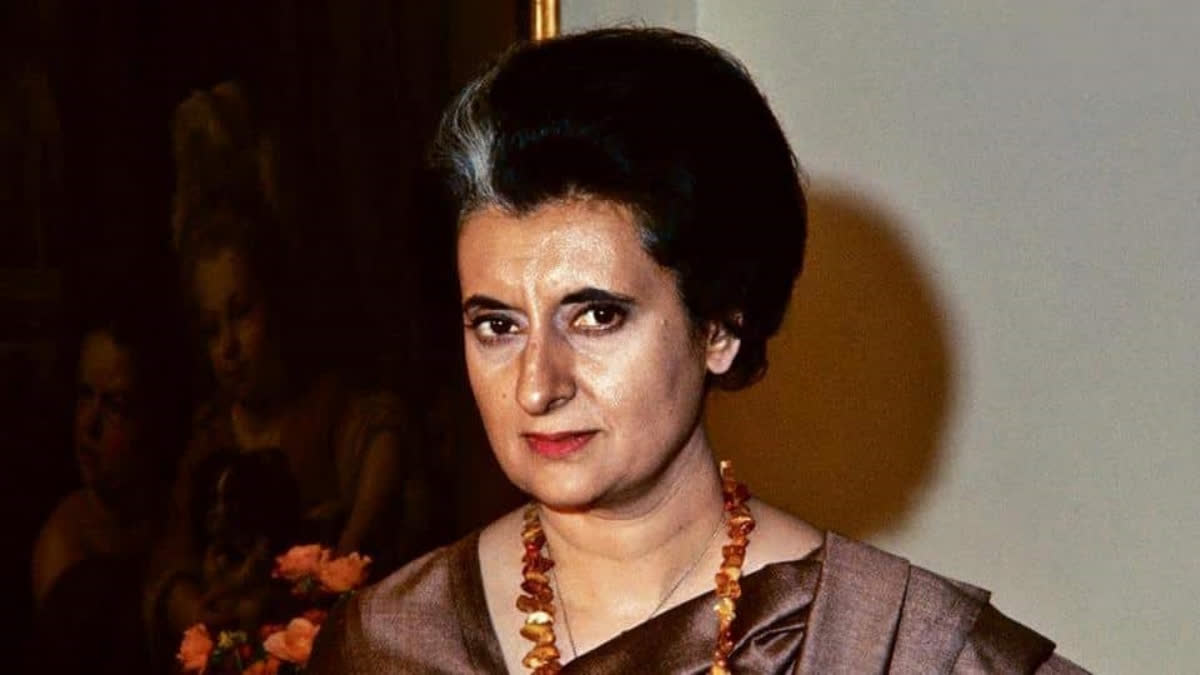New Delhi:National Integration Day, celebrated every year on November 19, marks the birth anniversary of Indira Gandhi, the first woman Prime Minister of India.
This year, the nation observes the day with reverence and reflection, recalling her enduring legacy as a leader who shaped the country’s political, social, and economic trajectory.
As India continues to evolve into a global power, National Integration Day serves as a reminder of Gandhi’s role in strengthening the fabric of national unity and integration.
The Significance Of National Integration Day: National Integration Day was officially introduced by the Indian National Congress in 1985 to commemorate Indira Gandhi’s contribution to India’s unity.
The day holds particular significance as it is a time to celebrate the country’s diversity while recognising the importance of working together for the greater good of the nation.
India, a country of rich cultural, linguistic, and religious diversity, has often faced challenges that test the limits of its unity. During Indira Gandhi’s tenure as the PM, from 1966 to 1977 and again from 1980 until her tragic assassination in 1984, she worked tirelessly to foster national integration.
Through her policies and leadership, she sought to unite the country, bringing together people from different regions, cultures, and backgrounds under the banner of a single nation.
Indira Gandhi’s Role In National Integration: Gandhi’s political career was characterised by her unyielding commitment to the ideals of unity and integrity. One of her most notable achievements was her leadership during the 1971 India-Pakistan war, which resulted in the creation of Bangladesh.
The victory reinforced India’s stature on the global stage and marked a pivotal moment in national diplomacy. It also served as a testament to the resilience and unity of the Indian people in the face of adversity.
Her government’s actions to strengthen the Indian federal structure, despite challenges posed by regional demands and separatist movements, also reflected her commitment to national integration. Under her leadership, India’s focus shifted towards rural development, poverty alleviation, and ensuring access to education and healthcare for all sections of society. This approach aimed to uplift marginalised communities and integrate them into the national narrative.
Gandhi’s leadership during the Emergency period from 1975 to 1977, although controversial, also highlighted her focus on preserving national unity during a time of political turmoil. Her decisiveness, though criticised, was grounded in a belief that political stability was essential for the country’s progress.
Theme For National Integration Day 2024: With 2025 around the corner, the relevance of National Integration Day grows stronger, particularly in an era where political, social, and economic challenges continue to test the unity of the country.
This year’s theme for National Integration Day underscores the importance of fostering inclusivity, cooperation, and collaboration across India’s diverse population. The government and various institutions across the country have organised a series of events, including seminars, discussions, and cultural programmes, aimed at promoting national unity.
Schools and colleges across the country observe the day with a variety of activities, where students are encouraged to understand the significance of Indira Gandhi’s leadership and the essence of national integration.
